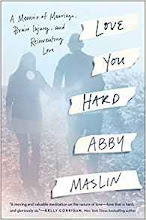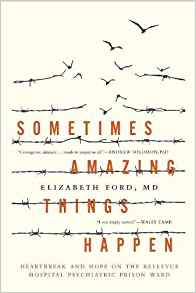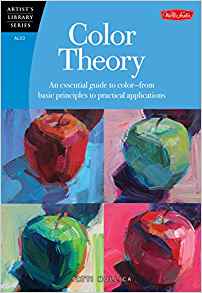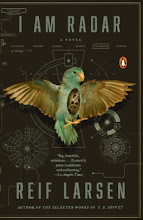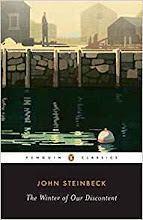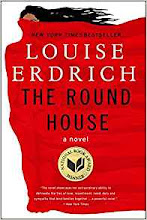What happened to the word an? It feels like an old friend gone missing. One day I woke up and no one was using it anymore.
"I think there's a apple in the fridge."
"That's a old version."
I even heard someone say - no kidding - "I was a English major!"
Really?
Can a word fade into obscurity from disuse? When did someone first decide it was okay to say a before a word beginning with a vowel? Or did so many people lack an understanding of the rule that a critical mass was eventually reached, rendering the word an helpless to stop its being relegated to a dusty drawer as the newest companion to forsooth, verily, and yoicks?
People butcher grammar all the time in conversation, but standards are higher for written English; "proper" English is what distinguishes civilization from - well, whatever you have without it (Terra Nova?). Yet I have been more than dismayed to find that using a for an is now seen even in newspapers and magazines. (Does this mean editing is more lax, or there is less editing?)
I accept that usage of words changes over time, and with it, meaning. I use the word hopefully a lot. Technically, it's an adverb, like angrily, quickly, or gracefully - a descriptive word modifying a verb. At some point, however, it became accepted as an introductory word describing the attitude about whatever follows in the sentence: Hopefully, I would win both the Veg-o-Matic and the Thighmaster. I didn't even realize until today that I'd been misusing the word.
Is this bad? Should I be as inflamed about my own grammatical error as I am about an's disappearance? They are both wrong, but they both appear to be acceptable.
The same goes for the word broke. Who said we could lose the n? Every time I hear it misused, I cringe and want to say, "Fie! Whencesover didst that come?" Broke is the past tense of the verb to break: break, broke, broken.
I know he will break my heart, but I'm going to ask him out, anyway.
He broke my heart even though I waited until the third date to propose.
He has broken my heart, but soon I will join Match.com.
Broken is also the state of disrepair: My heart is broken, but it's nothing my friend Johnny Walker can't fix!
Broke as past tense is only fitting as dialect: Dang nabbit! Pappy's hooch machine in the holler down yonder's still broke!
Otherwise, as far as I'm aware, broken is still the correct word: Damn - the nozzle that foams the milk for morning espresso is still broken!
From where I sit, using language as my art, it's hard not to feel sad about the decline of proper English, the gradual, apathetic casting off of grammatical rules. Is it stuffy to want to construct sentences following long-accepted guidelines? Should one relax and follow the masses in resignation to the tides of popular practice?
I'd hoped to draw some pithy conclusion warning against degenerating into a Lord of the Flies existence in which we only use the grade school communication exercise vocabulary of fa, pa, and ba, - but, faced with my own participation in changing the rules, I am left with only my belief in what I learned in school.
Comments welcome.
Sunday, January 15, 2012
Subscribe to:
Posts (Atom)

